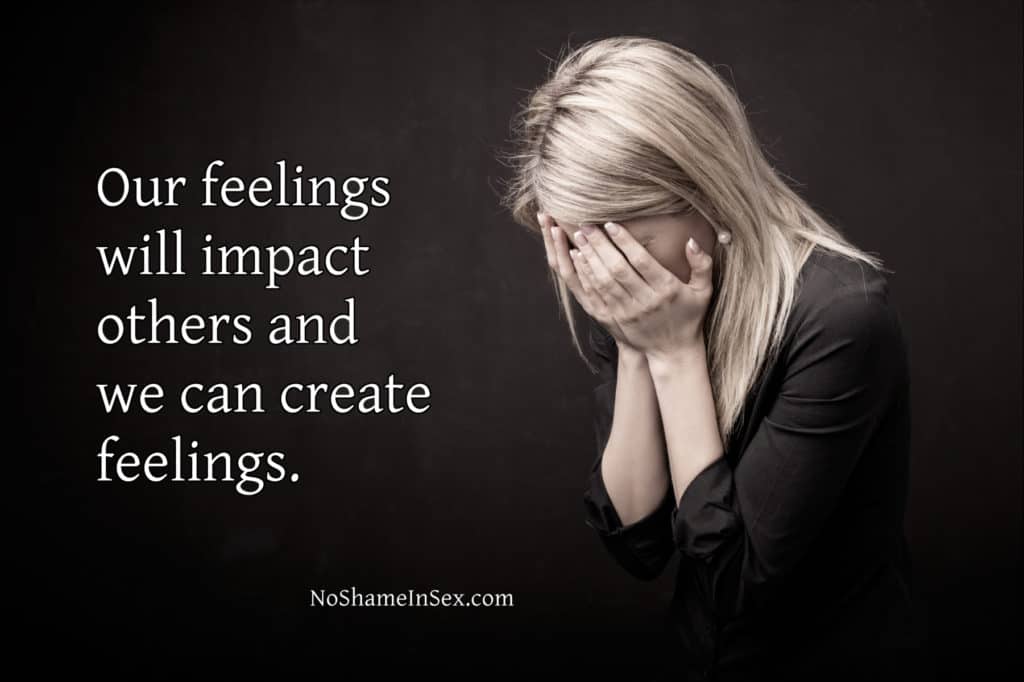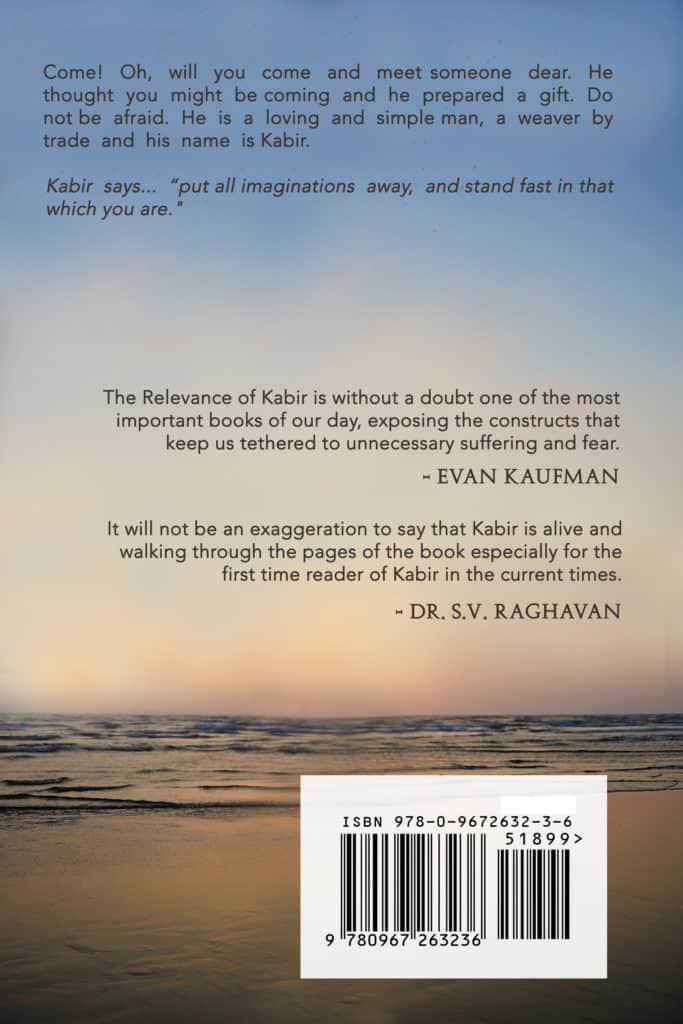 The honesty facade is real honesty; it’s a rigorously honest description, but it also hides something that is factually true. I devoted a whole chapter to this topic in one of my earlier works. For the sake of brevity I will state the problem. Think of a child in a night terror. That child is in the throes of instinctive impulses based on a monster under the bed that he or she really conceives to exist and that terror necessarily becomes the preoccupation of others in the house. Here we have a fiction causing real emotions and the story of that fiction e.g. ‘The monster tried to get me’ affects people’s lives. That power to conceive and the ability to describe the concepts does not become weaker when we become adults, it becomes more refined and is often interwoven with more real facts as the bed is a real fact in the life of the child.
The honesty facade is real honesty; it’s a rigorously honest description, but it also hides something that is factually true. I devoted a whole chapter to this topic in one of my earlier works. For the sake of brevity I will state the problem. Think of a child in a night terror. That child is in the throes of instinctive impulses based on a monster under the bed that he or she really conceives to exist and that terror necessarily becomes the preoccupation of others in the house. Here we have a fiction causing real emotions and the story of that fiction e.g. ‘The monster tried to get me’ affects people’s lives. That power to conceive and the ability to describe the concepts does not become weaker when we become adults, it becomes more refined and is often interwoven with more real facts as the bed is a real fact in the life of the child.
If we see the above capacity to induce emotion (wonderful or awful) through imagination also exists in the adult body, we understand this as a possible source of unnecessary trouble. Combine this trouble with the questionable ideas of ‘needing to be honest with people’ and we can see how beliefs that are more or less fictional impact the lives of ourselves or others. I am not against honesty, I am on the contrary wanting the honesty to have more truth to it. If we are as honest as we can be about what we are ‘thinking’ and our thinking is contrary to the fact based truth, we are honestly telling a lie by describing what is in our mind.
The temptation exists to think that feelings are a sign of something real and indeed sometimes they are but they can also be more or less and even entirely self-generated.
We can mistake someone not giving us what we want as that person not caring or even being mean. This mistake reduces to ‘I know you love me when you do what I want.’ A child can see how selfish that mistake is, but the selfishness hides behind real emotion based on meaning we create and add to the circumstances around us. If one is a passionate person the issue is even more critical because, in a moment, the relationships they value can be turned into a stage for the dramatizing of any kind of angst. We can destroy good things for no good reason.
If any relationship(s) are not in fact violent, coercive, reckless or deceitful then any feeling we have of being hurt or threatened may be a misguided error.
The above problem is a result of our human power to conceive. If we don’t know we have this power, then it is probably affecting our lives hidden behind our habits of thinking.
The good things in our life may be less about creating the possibilities and more about not destroying the possibilities. If we are destroying possibilities in the disguise of being ‘honest’ about the emotions we create, we unjustly punish others for a fault they did not commit.
Remember nothing obliges us to believe or obey anything we think. If you have trouble perhaps you might consider quieting your mind in meditation. I talk a great deal about what meditation is and what it isn’t in this book.
By Todd Vickers


